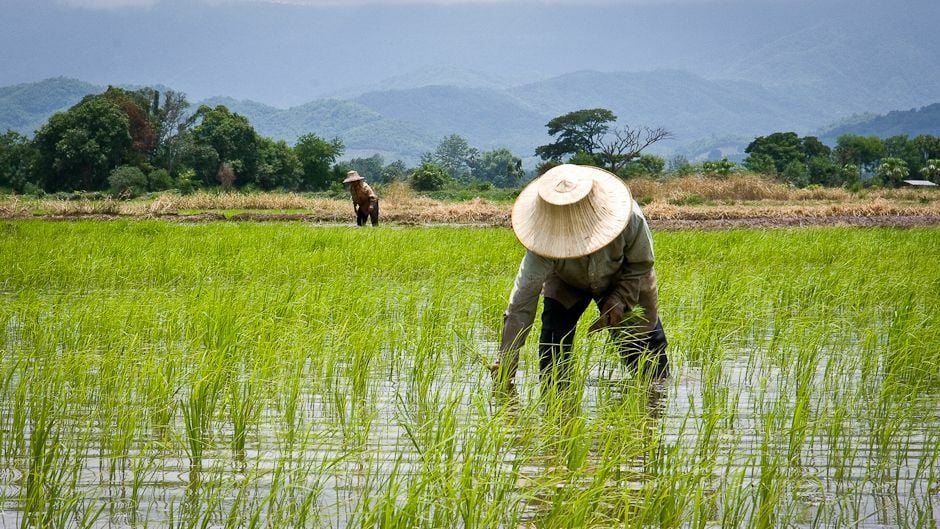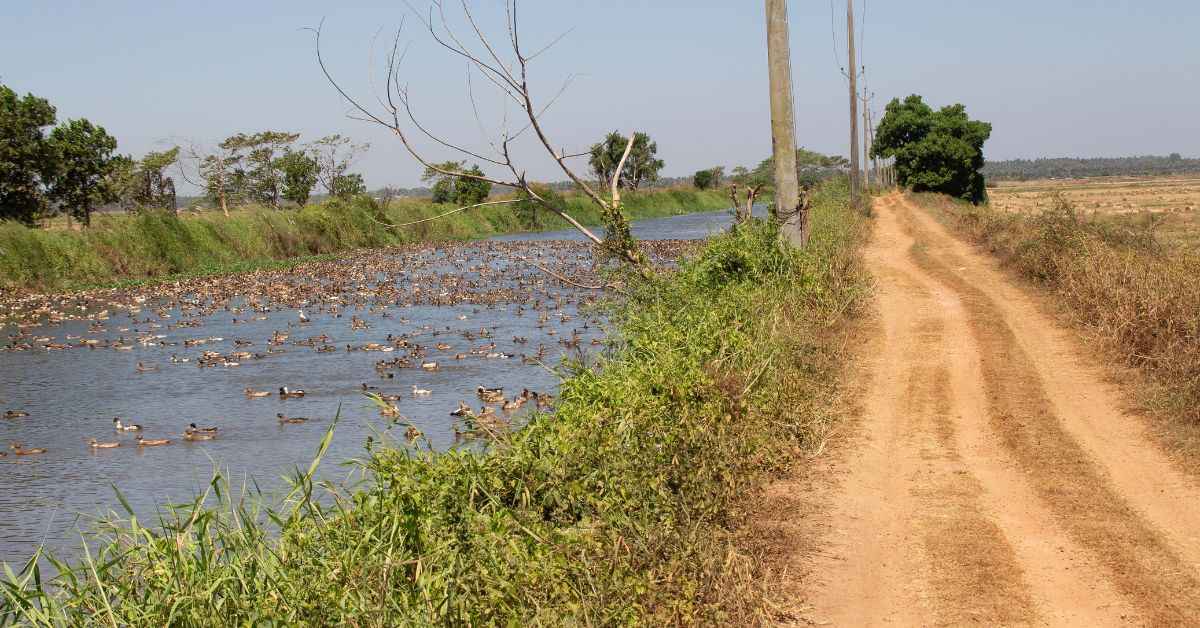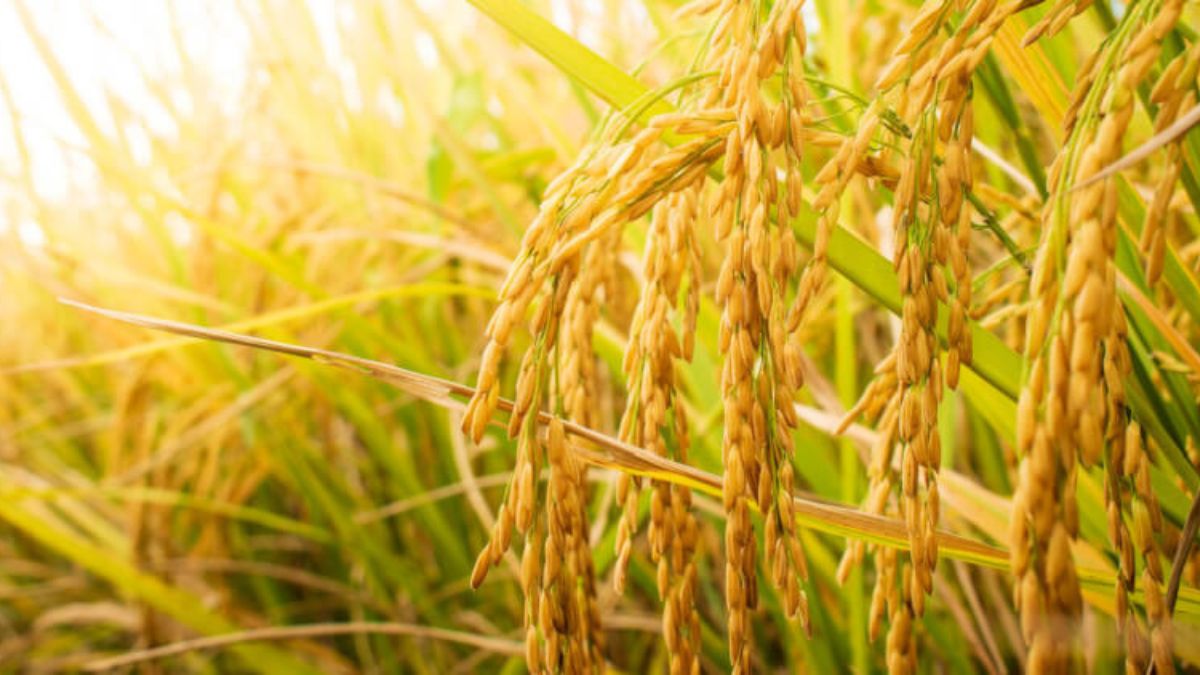Tags
Thailand unites for eco-friendly transformation of rice farming

A cohesive effort to revolutionise Thailand’s rice farming industry has been forged, with a collective aim to modernise traditional farming methods towards environmentally friendly practices. This initiative is targeted at preserving biodiversity and enhancing the overall ecosystem across the varied landscapes of the nation.
This recent synergy saw the collaboration of governmental bodies, the public, private sector participants, and non-governmental partners. The initiative was kick-started during the inception workshop of the Inclusive Sustainable Rice Landscapes in Thailand (ISRL) project.
During the workshop, Chitnucha Buddhaboon, the Deputy Director-General of the Rice Department, outlined the challenges faced by rice farmers and the need for a systematic overhaul of conventional farming methods.
He emphasised the importance of policy implementation, research, development, and cooperation in safeguarding the livelihoods of farmers and lessening the environmental impact of rice farming.
Chitnucha also mentioned the introduction of 10 new rice cultivars by his department. These varieties are not only superior in quality and adaptable to different regions of the country but also resilient to extreme weather conditions, thus reducing the need for fertiliser use and curtailing greenhouse gas emissions.
These new breeds are expected to enhance the livelihood of farmers and strengthen Thailand’s standing in the global market.
Environmental degradation
Thailand’s position as a global frontrunner in rice production and export has led to environmental degradation, greenhouse gas emissions, and a decline in biodiversity and ecosystem services due to unsustainable landscape management over the years.
Nana Kuenkel, the Project Director and Cluster Coordinator from GIZ, stressed that the ISRL project is a platform for stakeholders to make a shift from conventional rice farming to a more inclusive and sustainable approach.
The project targets the creation of policies, capacity building, and funding to promote and upscale the adoption of sustainable rice farming, thus preserving and improving landscapes, ecosystems, and biodiversity.
By 2027, the project aims to train over 45,000 Thai farmers in Chiang Rai and Ubon Ratchathani to enhance their management and production practices.
The initiative also includes teaching communities to produce their natural composts and biocontrol products to lower farming costs and potential risks of chemical fertilisers and pesticides. Crop diversification and agroforestry will be implemented as well.
This move is expected to lead an estimated 160,000 hectares of rice farmland and forest to adopt these farming methods, resulting in a reduction of greenhouse gas emissions and toxic chemicals. Furthermore, the project will also assist in the improved management of high conservation value forests and the restoration of forest lands in Chiang Rai and Ubon Ratchathani.
https://thethaiger.com/news/national/thailand-unites-for-eco-friendly-transformation-of-rice-farmingPublished Date: May 6, 2024






